Polygon Launches Major Payments Upgrade with Rio: Faster, Lighter, and Easier to Build
The Rio hardfork cements Polygon’s position as a global payments network by supercharging speed, reducing costs to run nodes, and eliminating the risk of reorgs with near-instant finality
.png)
tl;dr:
- Polygon’s biggest payments-focused upgrade ever is live on mainnet
- The Rio upgrade brings:
- Speed, with a new block production model for 5k TPS
- Near-instant finality, better reliability
- Eliminates the risk of reorgs
- Lightweight nodes through stateless validation, lowering barrier to entry
- Payments integrations are increasing on Polygon; Rio only accelerates the trend
Today, Polygon takes a major step as the leading global payments chain in web3 with the Rio upgrade, a product-focused network rehaul, now live on mainnet.
Rio makes Polygon a lighter, more reliable, and significantly faster blockchain.
With changes to underlying block production and validation, now it’s easier and lower-cost than ever to participate in the network. Rio enables 5k TPS on the network and makes nodes lightweight, slashing the cost of compute. By removing the risk of reorgs, Rio provides a step function improvement in the reliability of finality.
This upgrade is a turning point. The network is faster, more reliable, and more open for builders, not someday soon, but now.
Each aspect of Rio’s core upgrade is intended to make building and using payments products on Polygon easy and seamless:
- Speed: a new block production model (VEBloP) brings 5k TPS
- Stability: alongside VEBloP, stateless validation completely eliminates the risk of reorgs (a network rolling back the state)–and makes finality near-instant
- Light-weight: Rio reduces the barrier of entry, enabling payments solutions to spin up lightweight nodes without burdensome costs or compute requirements
Everything institutions, fintechs, and developers need for a global payments solution is ready to go, making the Rio hardfork the most significant step yet in Polygon’s gigagas roadmap.
Speed and stability with a new block production model: VEBloP
A network of global payments needs to win on efficiency.
Rio does just that with a new block production architecture called the Validator-Elected Block Producer (VEBloP).
With VEBlop, the network increases throughput by over 3x, reaching ~5k transactions TPS, while also becoming significantly more stable, and reaching finality near-instantly. Here’s how.
Instead of the traditional approach where many validators produce blocks in each span, validators on the network now elect a small pool of validators, each of which produce blocks for a major longer span.
This upgrade fundamentally improves efficiency and makes time to finality near-instant:
- with one producer at a time, blocks can be created faster;
- block times shorten; and
- reorgs are essentially eliminated.
The VEBloP model gives the validator community the ability to vote on which node will produce blocks. If an elected producer falters, designated backups can immediately step in to keep blocks flowing.
Rio brings reorgs to an end, with no “do-overs” in chain history, so users and developers can treat a verified block as final instantaneously; transactions are confirmed fast and stay confirmed.
For builders and everyday users, this reliability is a cornerstone needed for any global payments rails.
Importantly, boosting performance doesn’t come at the cost of validator revenue.
To keep incentives aligned under this new paradigm, Rio introduces an updated economic framework so all validators, not just an active block producer, earns a fairer share of fees. Transaction fees (including any MEV revenue) are redistributed between the block proposer and the broader validator set. In other words, even validators running lightweight nodes (thanks to stateless verification) can still participate fully in the network’s rewards without needing high-end hardware.
Low-cost nodes & an end to reorgs
For payments rails to really take off, enterprises, startups, and developers need to be able to build with ease on a network, query and collect data, and propagate information as quickly as possible.
Polygon just lowered the barrier to participate in the network by making nodes low-cost and lightweight.
Whether you're a global financial institution or a startup, building on Polygon is easy, at a fraction of the cost than before and lower than other networks. Here’s how:
The Rio upgrade implements witness-based stateless block validation (PIP-72).
Polygon is one of the first blockchains to run this architecture on mainnet. In short, stateless block validation lets nodes verify new blocks without storing the entire blockchain state.
The purpose is to be lightweight: enterprises can integrate or build on Polygon without a high barrier to entry, while the network itself propagates data at near-light speed.
Instead of keeping gigabytes of historical data, validators can use succinct cryptographic “witness” proofs to check each block’s correctness. This drastically cuts down storage bloat, speeds up node sync times, and lowers the hardware requirements for participation.
Running a validator becomes much more accessible, potentially allowing, in the future, a broader community of participants to help secure the network. By lowering the barrier to entry, the Polygon ecosystem can attract a larger, more diverse group of payments builders and validator set, potentially strengthening the network’s decentralization and security.
Crucially, stateless validation works hand-in-hand with the VEBloP architecture to virtually eliminate chain reorganizations.
Since all validators, even those not storing the full state, can swiftly validate each block produced, finality is achieved almost instantly.
For institutions, enterprises, and builders, that means greater reliability.
Transactions won’t be reverted after being confirmed, which is critical for use cases like payments where certainty is paramount.
Money rails are here, gigagas is coming
With Rio, Polygon becomes a more reliable, light, low-cost, and fast network for payments—not in a few months, not in a year, but right now. Today.
This upgrade removes key technical obstacles, like reorgs risk and throughput bottlenecks. The result is a blockchain that can handle the world’s payment rails and real-world asset transactions at scale without compromising security or user trust.
By overhauling how blocks are created and verified, the Rio upgrade sets the stage for Polygon PoS to reach ~5,000 transactions per second in the near term. Other optimizations can kick throughput to even higher levels, with increased support for agentic payments.
Even more importantly, Polygon achieves this gain in capacity without sacrificing the network’s security.
For context, “gigagas” refers to Polygon’s long-term scaling vision, which targets performance on the order of tens of thousands of TPS. In earlier upgrades, like the Bhilai hardfork and Heimdall upgrade, Polygon already hit ~1,000 TPS on mainnet.
Rio takes this leap further, bringing more efficiency to Polygon every level.
With a higher per-block gas limit and the new VEBloP + stateless design, Polygon can handle surging demand for global stablecoin payments without slowing down or driving up fees.
Included in the Rio upgrade are three core Polygon Improvement Proposals (PIPs) that detail these changes (you can read the full specifications on the Polygon forum):
- PIP-64: Validator-Elected Block Producer – Outlines the VEBloP architecture. By electing a single block producer per span and separating block creation from validation, this proposal boosts throughput and guarantees one-block finality, all while preserving decentralized verification. It fundamentally shifts block production to be decided by validators, which shortens confirmation times and eliminates reorgs.
- PIP-65: Economic Model for VEBloP – Defines how fees and rewards are shared between the elected block producer and the entire validator set. This ensures non-producing validators remain financially incentivized to participate, aligning with the performance gains of PIP-64.
- PIP-72: Witness-Based Stateless Validation – Enables stateless block verification, allowing nodes to validate blocks without maintaining the full state. This cuts storage bloat and hardware costs for validators, and in combination with PIP-64’s design it effectively ends chain reorgs on the network.
Rio’s mainnet debut is a major step toward a future where sending money or assets on Polygon is as fast, reliable, and effortless as using traditional payment networks—but with better capital efficiency, and where markets never sleep.
About Polygon Labs:
Polygon Labs is a Web3 software company developing Polygon Proof-of-Stake network, the premiere blockchain for payments and RWAs, and Agglayer, a unified web of chains that feels like the Internet. Polygon is known as the low-cost, high velocity network, with billions secured in stablecoins, supporting a robust payments ecosystem to help grow Agglayer use cases in an interoperable Web3. Research from Polygon Labs has contributed to the development of widely-adopted zero-knowledge technology, with successful, independent projects incubated through the Agglayer Breakout Program, such as Katana, ZisK, Miden, PrivadoID, and more.
Disclaimer:
The information in this post should not be used or considered as legal, financial, tax, or any other advice, nor as an instruction or invitation to act by anyone. Users should conduct their own research and due diligence before making any decisions. Polygon may alter or update any information in this post at its sole discretion and assumes no obligation to publicly disclose any such change. This post is solely based on the information available to Polygon at the time it was published. Polygon makes no guarantee of future performance and is under no obligation to undertake any of the activities contemplated herein. Do your own research and due diligence before engaging in any activity involving crypto-assets. Use or reliance on information in this site is subject to the site’s terms of use [https://polygon.technology/terms-of-use].



.png)
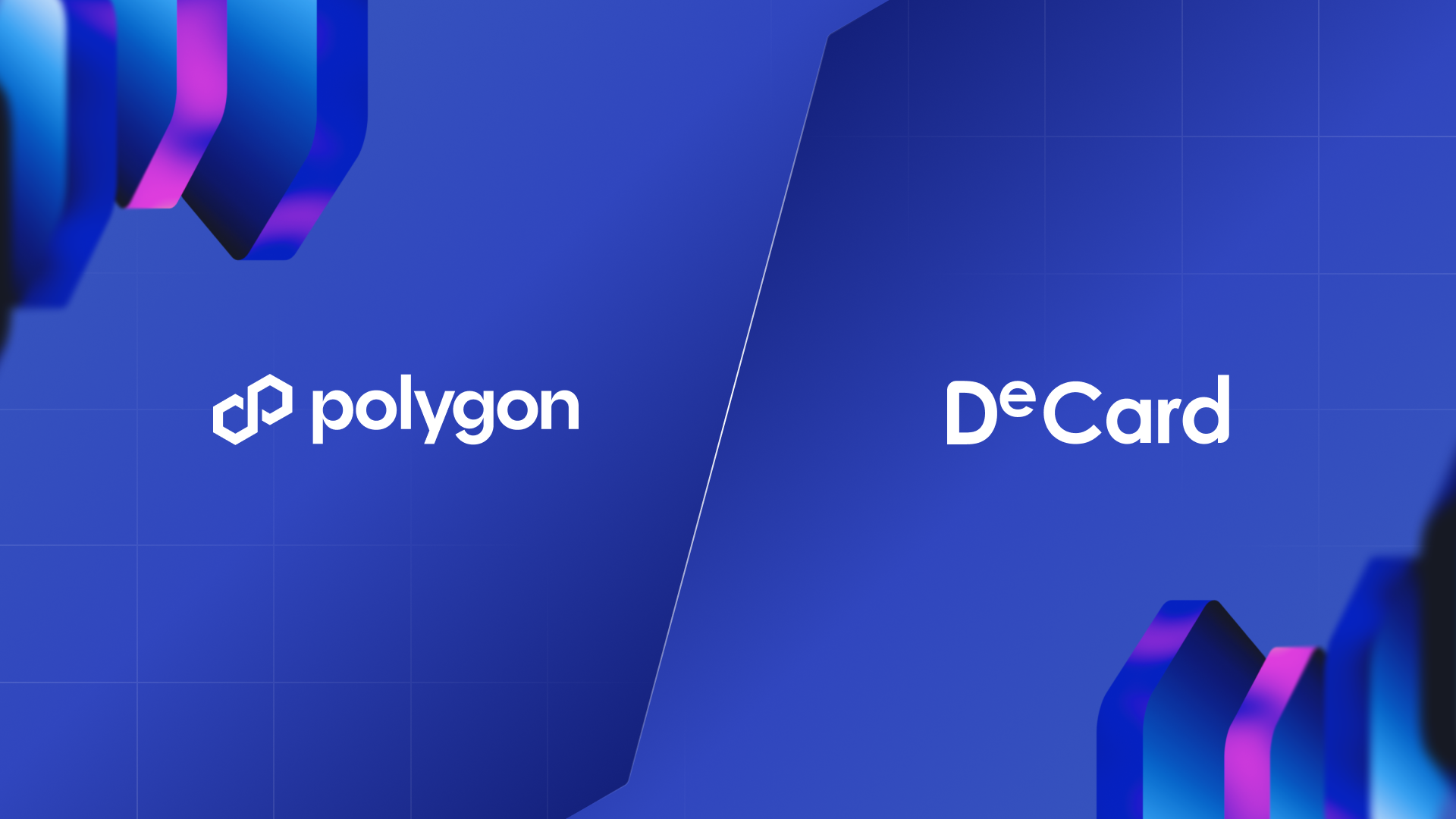
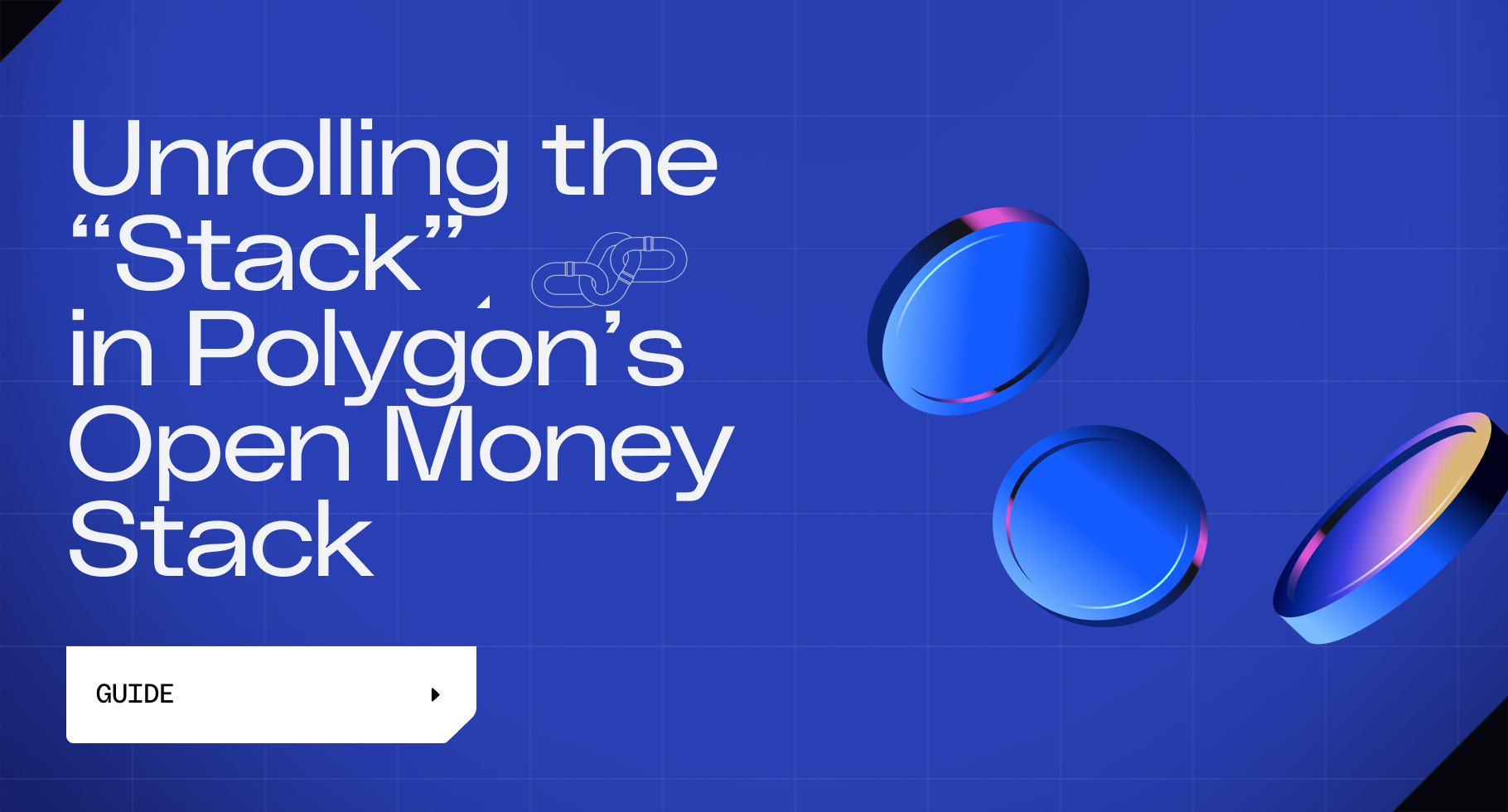
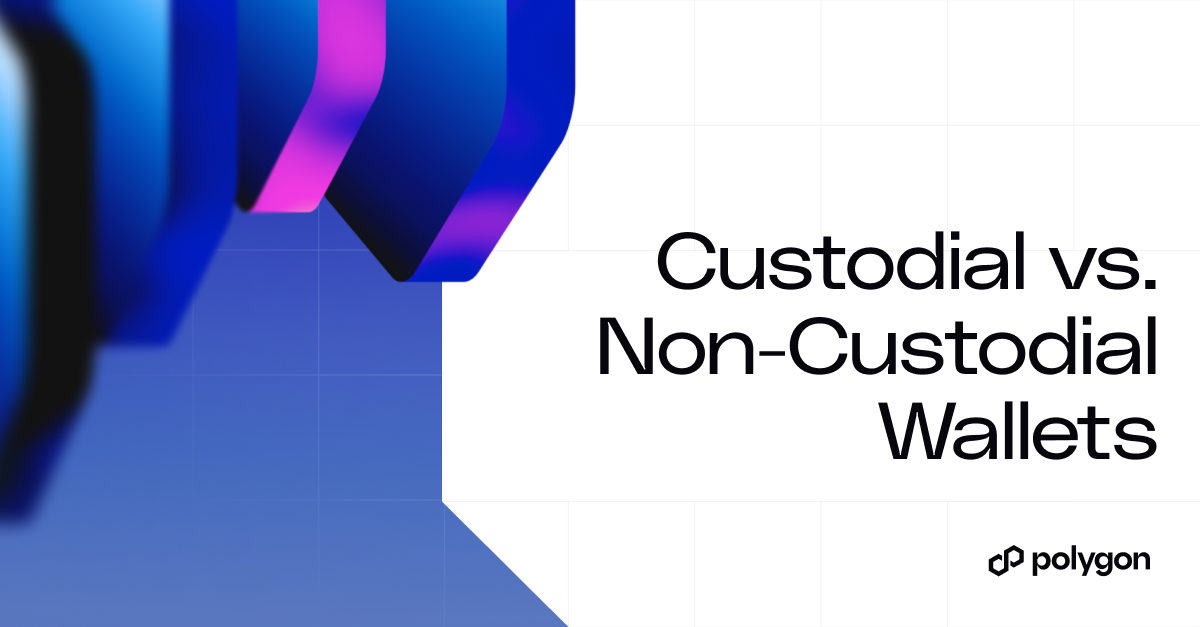
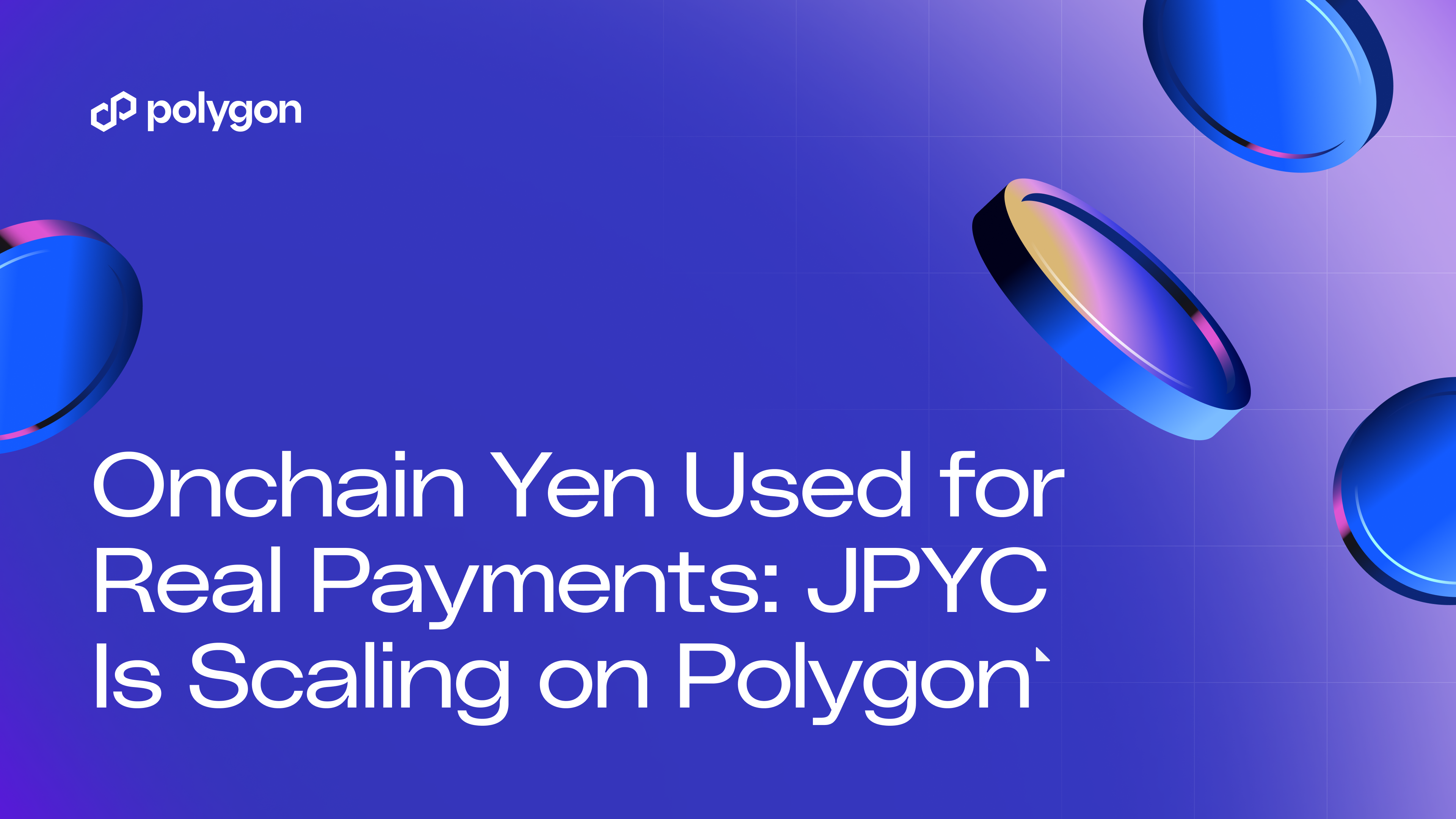
.png)
%20(1).png)
.png)
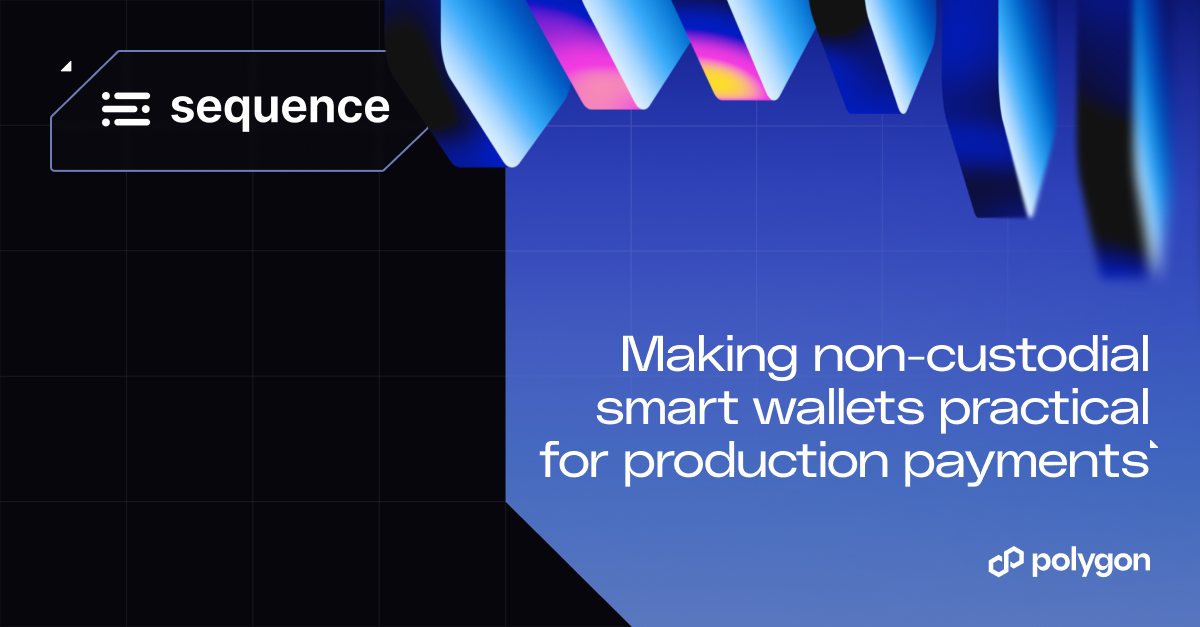


.jpg)
.jpg)
.png)
